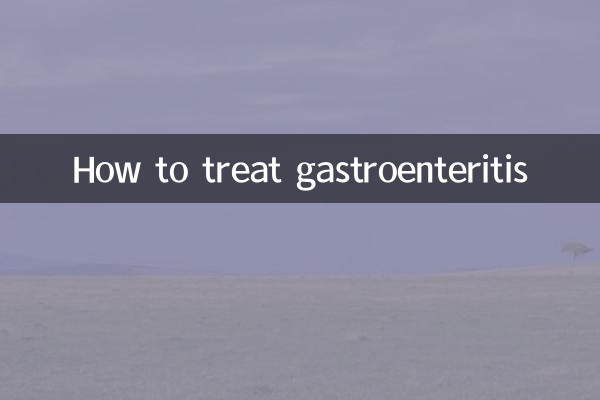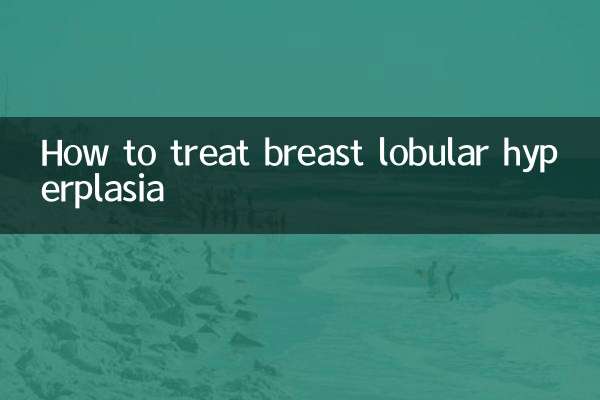How to treat gastroenteritis
Gastroenteritis is a common digestive system disease, mainly characterized by symptoms such as abdominal pain, diarrhea, nausea, and vomiting. Recently, the topic of the treatment and prevention of gastroenteritis has become very popular on the Internet, especially during the change of seasons, the incidence rate of gastroenteritis has increased significantly. This article will combine hot topics and hot content in the past 10 days to provide you with a structured guide to the treatment of gastroenteritis.
1. Main symptoms of gastroenteritis

Symptoms of gastroenteritis vary from person to person, but usually include the following:
| Symptoms | Description |
|---|---|
| abdominal pain | Mostly paroxysmal cramps, concentrated in the middle and lower abdomen |
| Diarrhea | Increased frequency of bowel movements, mostly watery or loose stools |
| Nausea and vomiting | May be accompanied by loss of appetite, which may lead to dehydration in severe cases |
| Fever | Some patients may develop low or moderate fever |
2. Common causes of gastroenteritis
The causes of gastroenteritis are diverse and mainly include the following categories:
| Cause type | specific reasons |
|---|---|
| viral infection | Such as norovirus, rotavirus, etc. |
| bacterial infection | Such as E. coli, salmonella, etc. |
| Improper diet | Eating unclean food or overeating |
| Drug stimulation | Such as antibiotics, nonsteroidal anti-inflammatory drugs, etc. |
3. Treatment of gastroenteritis
The treatment of gastroenteritis is mainly symptomatic. The following are common treatments:
| Treatment | Specific measures |
|---|---|
| fluid therapy | Oral rehydration salts or intravenous rehydration to prevent dehydration |
| antidiarrheal medicine | Such as montmorillonite powder to reduce the frequency of diarrhea |
| antibiotic treatment | In case of bacterial infection, antibiotics should be used as directed by your doctor |
| diet modification | Eat a light diet and avoid irritating foods |
4. Preventive measures for gastroenteritis
The key to preventing gastroenteritis is to develop good living habits:
| Precautions | Specific methods |
|---|---|
| Food hygiene | Wash your hands before eating and after using the toilet, and avoid raw food |
| Eat properly | Avoid overeating and eat less spicy food |
| Enhance immunity | Regular work and rest, appropriate exercise |
| Avoid contact with infected people | Reduce close contact with people with gastroenteritis |
5. Dietary recommendations for gastroenteritis
During gastroenteritis, the diet should be based on easily digestible and nutritious foods:
| food type | Recommended food |
|---|---|
| Staple food | Porridge, noodles, steamed buns |
| protein | Steamed eggs, tofu, lean meat |
| Vegetables | Carrots, pumpkins, potatoes |
| Fruits | apples, bananas, pears |
6. When do you need medical treatment?
Most gastroenteritis patients can relieve their symptoms with home care, but the following situations require prompt medical attention:
| Symptoms | Indications for medical treatment |
|---|---|
| persistent high fever | Body temperature exceeds 38.5℃ and persists |
| severe dehydration | Dry mouth, oliguria, dizziness and fatigue |
| bloody stool | Blood or black tarry stools |
| worsening of symptoms | Severe abdominal pain or persistent vomiting |
Although gastroenteritis is common, timely treatment and proper care are key. I hope this article provides you with useful information to help you better cope with your gastroenteritis problem. If symptoms persist or worsen, be sure to seek medical attention promptly to avoid delaying your condition.

check the details

check the details